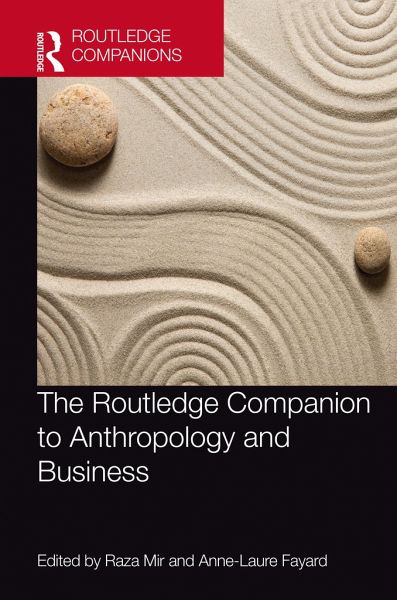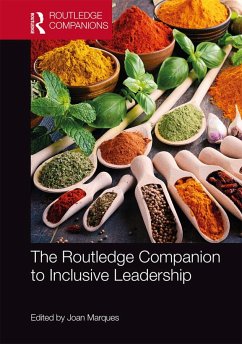
The Routledge Companion to Anthropology and Business
Versandkostenfrei!
Versandfertig in 1-2 Wochen
261,99 €
inkl. MwSt.

PAYBACK Punkte
131 °P sammeln!
Interest in anthropology and ethnography has been an on-going feature of organizational research and pedagogy, this book provides a key reference text that examines these criteria and that pulls together the different ways in which anthropology infuses the study of organizations, both epistemologically and methodologically.














